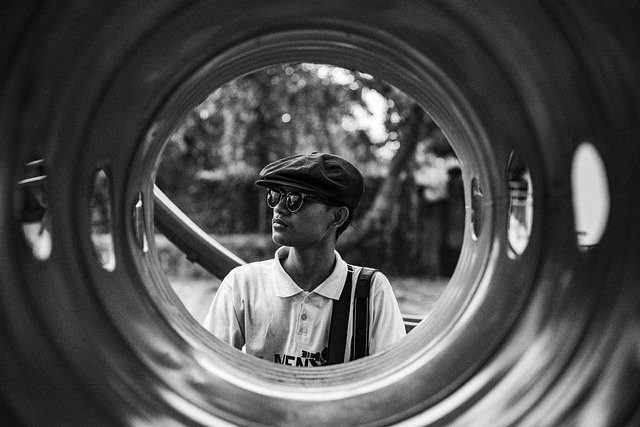**"The Rise of Sustainable Luxury: How Eco-Friendly Practices Are Shaping High Fashion"** In

The Rise of Sustainable Luxury: How Eco-Friendly Practices Are Shaping High Fashion
In recent years, the fashion industry has witnessed a significant transformation, with sustainability emerging as a pivotal trend in high fashion. As consumers become more environmentally conscious, luxury brands are stepping up to meet the demand for eco-friendly practices. This shift is not just a fleeting fad; it represents a fundamental change in how we view luxury and its impact on the planet.
The New Definition of Luxury
Traditionally, luxury has been synonymous with exclusivity, opulence, and status. However, the modern consumer is redefining luxury to include ethical considerations and sustainability. Today’s affluent shoppers are increasingly seeking brands that align with their values, prioritizing quality over quantity and craftsmanship over mass production.
Eco-Friendly Materials
One of the most significant changes in high fashion is the adoption of sustainable materials. Designers are now experimenting with innovative fabrics made from organic cotton, recycled polyester, and even lab-grown leather. Brands like Stella McCartney and Gucci are leading the charge, showcasing collections that not only look good but also demonstrate a commitment to the environment.
Innovative Approaches
- Biodegradable Fabrics: Designers are exploring materials that break down naturally, reducing waste in landfills.
- Recycled Materials: High fashion is embracing the use of recycled plastics and textiles, turning waste into high-end garments.
- Natural Dyes: Eco-friendly dyes derived from plants and minerals are gaining popularity, minimizing the toxic impact of traditional dyeing processes.
Ethical Production Practices
Sustainable luxury goes beyond materials; it encompasses the entire production process. Brands are increasingly focusing on ethical labor practices, ensuring fair wages and safe working conditions for all workers. Transparency in the supply chain is becoming a hallmark of luxury brands, allowing consumers to make informed choices about their purchases.
Notable Initiatives
- Fair Trade Certification: Many luxury brands are seeking Fair Trade certification to guarantee ethical sourcing and production.
- Local Sourcing: By sourcing materials and labor locally, brands reduce their carbon footprint and support local economies.
Circular Fashion
The concept of circular fashion is gaining traction as luxury brands aim to minimize waste. This approach encourages the recycling and repurposing of garments, extending their lifecycle. Brands are implementing take-back programs, allowing consumers to return old items for recycling or refurbishment.
Key Players
- Patagonia: Known for its commitment to sustainability, Patagonia encourages customers to repair and recycle their products.
- The RealReal: This luxury consignment platform promotes circular fashion by giving pre-owned items a second life.
Consumer Awareness and Demand
The rise of social media and digital platforms has empowered consumers to demand more from luxury brands. Influencers and activists are raising awareness about the environmental impact of fashion, pushing brands to adopt sustainable practices. As a result, luxury labels are increasingly prioritizing sustainability in their marketing strategies, showcasing their eco-friendly initiatives to attract a conscious consumer base.
Conclusion
The rise of sustainable luxury signifies a paradigm shift in the fashion industry. As eco-friendly practices continue to shape high fashion, brands that embrace sustainability will not only appeal to a growing market of conscious consumers but also contribute to a healthier planet. The future of luxury is not just about exquisite designs; it’s about creating a positive impact on the world.
By prioritizing sustainability, the fashion industry can redefine what it means to be luxurious in the 21st century. Let’s celebrate this evolution and support brands that are making a difference! 🌿✨
Feel free to share your thoughts on sustainable luxury in the comments below!
